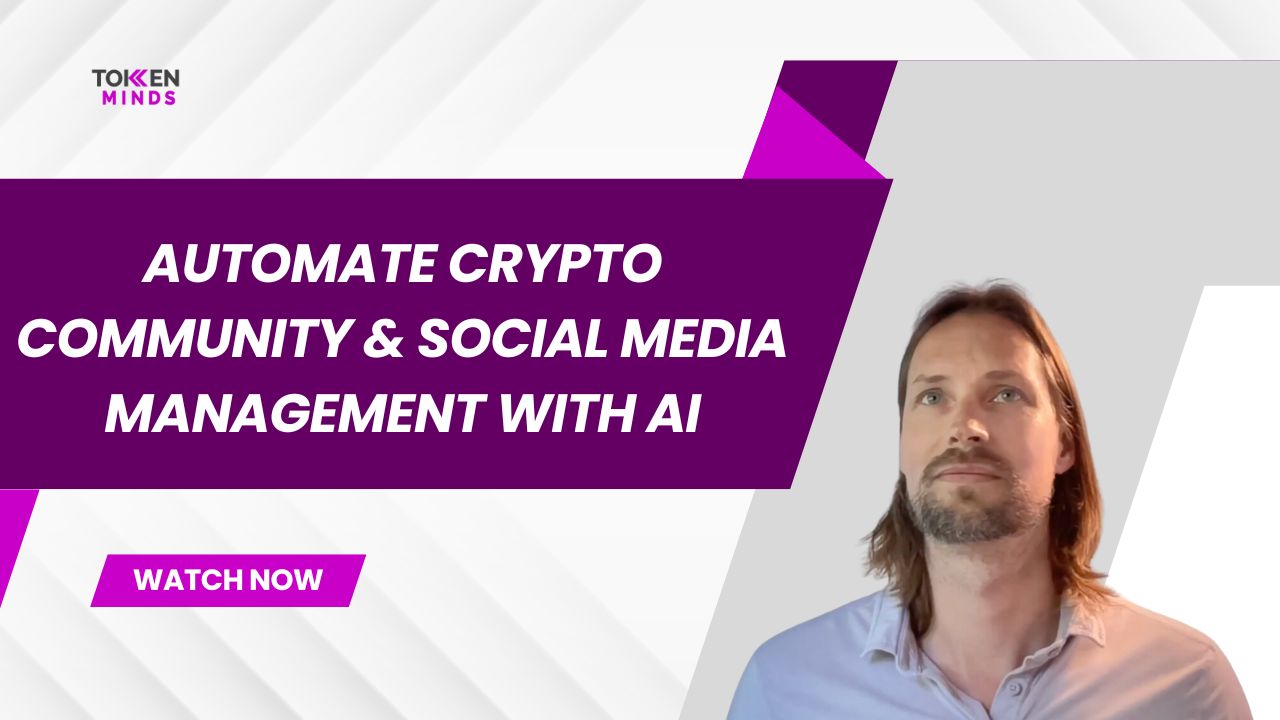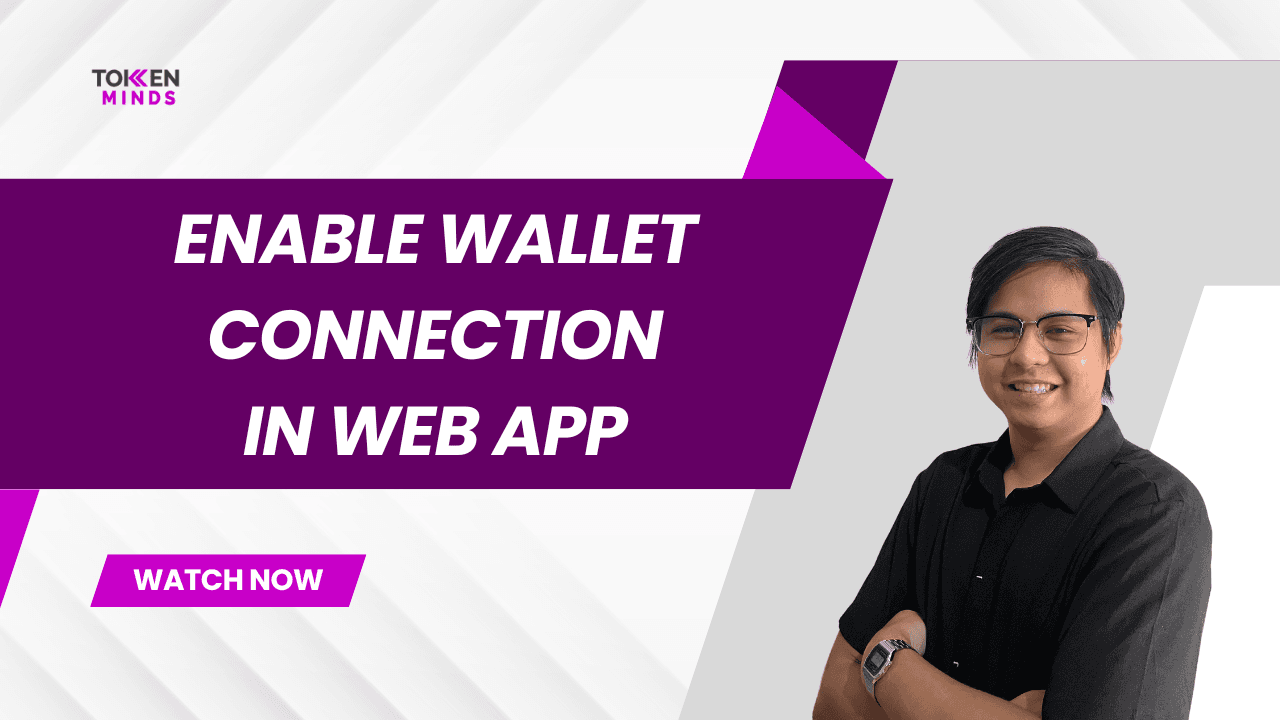NFT Development solutions come in two primary forms. The first approach, which obviously involves using tools such as APIs, and other SaaS solutions, is likely the least costly. Plus, it saves your time to market. An example of such a ready made tool is OpenSea SDK which offers an NFT marketplace adapted to your original design.
The second option involves partnering with a professional NFT Development Company like TokenMinds. An NFT development company gives you the opportunity to work closely with time tested and proven professionals who can develop an NFT marketplace that would match all your expectations. Companies can access more professionals as well as experts at a reasonable cost than in house development.
This approach also allows for scaling your project to attract a greater number of visitors as your company grows.
What is NFT
NFT is a digital asset existing on a blockchain representing proof of ownership of an intangible digital item such as an image, video, or in game item.
Anyone can create and sell NFT artwork on the NFT marketplace. NFTs offer brands/designers a way to monetize and trace their artwork over time. In the last several months alone, major brands including Coca-Cola, Proctor & Gamble, Asics, Nike, etc. have launched NFTs to engage with their audiences and market their products. Now Entrepreneurs, artists, designers, and more are all trying to find their way into the space.
How to Create NFT Art
First, you need to register on the NFT marketplace. Once registered, the next step involves linking your account to an Ethereum wallet. You can use it to hold the NFT, as well as any cryptocurrency made from the sale. At this stage, it is important to note that you will need to pump in some cold hard cash to start selling your own NFT.
After setting up the wallet, you upload the file containing the digital art to a decentralized storage service called Interplanetary File System (IPFS). You then have to mint a token mapped to that file in order to generate a unique cryptographic signature. Your NFT will then live on the blockchain, essentially marking the file you uploaded as the real one.
The last step is listing your new NFT for sale. Don’t forget to set the minimum acceptable price and the duration of the auction. This price should be set on royalties, so you can continue to earn royalties on future sales.
It is also important to engage an NFT marketing agency to help you expand the reach for your NFT sale to a wide audience. People won’t buy your NFT unless you market it extensively. So NFT marketing (also known as shilling) is absolutely necessary.
ERC721 Vs ERC20: What’s the Difference?
ERC20 and ERC721 are essentially token standards that guide NFT development on Ethereum smart contracts. ERC20 represents fungible tokens (assets that can be interchanged for another). The purpose of ERC20 is to allow the implementation of a standard API (Application Programming Interface) for tokens within smart contracts.
ERC721, on the other hand, represents non-fungible tokens (unique tokens that represent specific digital assets. ERC721 tokens allow companies/creators to tokenize ownership of any digital items (e.g. artwork, music, tweets). Each NFT token has only one owner, making them unique. So, when creators mint several tokens within a single smart contract, each of them holds a different value.
What is IPFS Protocol?
Interplanetary file system (IPFS) is a relatively new hypermedia protocol and decentralized data storage system that leverages a peer-to-peer (p2p) network architecture to transfer information. IPFS attempts to address the deficiencies of the client server model and HTTP web that have dominated the Internet since the 1980s. Unlike HTTP that uses location based addressing to allows users to access data stored on centralized servers, IPFS protocol is decentralized and is, therefore, a perfect fit for blockchain applications.
IPFS uses content based addressing so that users can verify and decouple content from distant servers and store it closer to the user. It does that through the use of content identifiers (CIDs), or “labels”. They help users to point to material in IPFS. CIDs are generated based on the content’s cryptographic hash, or unique identifier. This makes the IPFS protocol more efficient because users can retrieve data from the closest node in the network, rather than from a remote server.
Besides providing decentralized content storage and verification, IPFS can be used for building and hosting decentralized applications (dApps) like wallets and non-fungible tokens (NFTs). In the case of NFT development, IPFS is used to store digital collectibles safely on the blockchain. Services like nft.storage allow users to store and retrieve off-chain NFT data using a browser or an IPFS gateway with the IPFS version indefinitely stored on the blockchain network.
NFT Development Services
If you want to build a tailor made NFT solution that addresses your unique requirements, you should consider custom NFT development services.
Here are a few benefits of working with NFT development companies:
They hire skilled and experienced blockchain developers.
When teaming up with a specialized blockchain development company for your NFT development, you get access to top talent and can leverage the company’s internal expertise acquired through the delivery of many projects.
Such companies have extensive experience in building custom NFT solutions and can assist you in many different areas – from product development and UX/UI design to QA processes and other aspects.
The advantage of working with such companies is that you don’t need to worry about any overhead costs such as salaries, workstations, etc.
Are You Looking for Experienced Blockchain Developers for Your NFT Development Project?
TokenMinds has a team of highly experienced blockchain developers who can build world class NFT development and platform services across all platforms. With in depth knowledge of ERC721 and ERC1155 standards, smart contracts, and IPFS protocols, our blockchain developers can provide you with bespoke NFT development solutions that meet your needs. Contact us for a free consultation.







